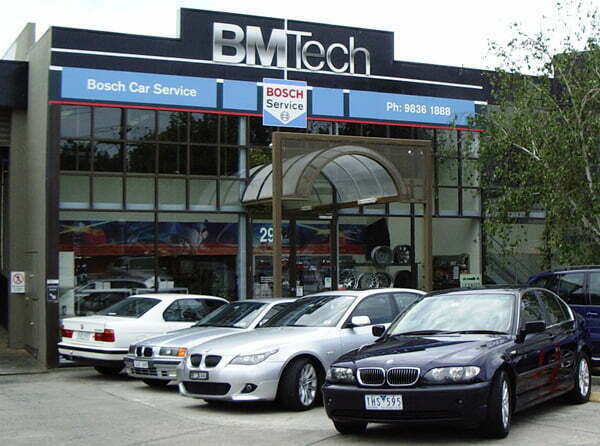Why is it okay for doctors and health care professionals to charge for diagnosis like x-rays and blood tests, but it’s not okay for mechanics or technicians to charge for diagnosis?
One of my most fascinating observations over the past 24 years as an owner of an automotive service centre is that many customers don’t want to be charged for diagnosis. For some reason, many customers think that just because a technician hasn’t actually “fixed” the problem, they shouldn’t have to pay for the time it took to find or diagnose the problem!
Almost every day, a car arrives with issues like running rough or stalling. The owners discuss the issue and are happy to leave the car for us to diagnose. We then inspect the car by carrying out a series of checks starting from the simple basics like checking the fuses to full-on checks like checking wiring voltage drops or even frequency patterns on oscilloscopes. It’s not dissimilar to doctors carrying out heart ECG or blood tests; the only difference is that technicians do it on machines, not people.
Just like doctors, technicians are trained in what they do. Servicing and fixing cars like replacing brakes or changing the oil is relatively easy. Once trained in how to do these mechanical type jobs, technicians become very quick at it and charge for the privilege; it’s how we make a living.
Diagnosing problems however, is a whole different kettle of fish. Today’s modern cars demand that technicians invest in equipment unheard of twenty years ago. These fancy new machines must also be accompanied by fancy training.
The cost of a new computer scanner to connect to the new vehicle’s on-board computers cost around $25,000 to $50,000. Plus, the training to use the scanners and to constantly keep up with new vehicle technology generally costs around $5000 per technician. A lot of the training these days is held overseas so there’s also the lost productivity which needs to be factored in.
One big misconception that many customers have about these new computer scanners which technicians use to plug in the vehicle’s computer is that they think that the computers actually find the problem, not the technician. This is far from reality! Sure, the scanner will point the technician in certain direction, but this is where it stops; the rest is up to the technician to test and confirm what the computer has indicated. E.g. A BMW’s ABS warning light is on. The computer scanner tells the technician the ABS wheel sensor is out of specifications. The technician then connects an oscilloscope to check the wave pattern of the sensor, and then they remove the sensor and proceed to test it using a multimeter to check things like resistance. Once it is confirmed that the sensor is faulty, the technician will stop and call the customer with a quotation. This procedure, before anything was fixed, has taken approximately 45 to 60 minutes! This time is then charged for, and then if the customer wants it fixed, the cost to replace it is also (separately) charged for.
The fact is the most expensive part of operating an automotive service centre is the investment in diagnostic machines and diagnostic training, but for the strangest reasons, which I’m still baffled about, is the fact that many customers refuse to understand why we need to charge the time it takes to diagnose a problem.
To be fair, most customers totally understand and are very accepting, but I would say that about 20% don’t, so my question is, why do so many owners challenge the fact that we charge for diagnosis? I would love to hear your thoughts. Thanks.
